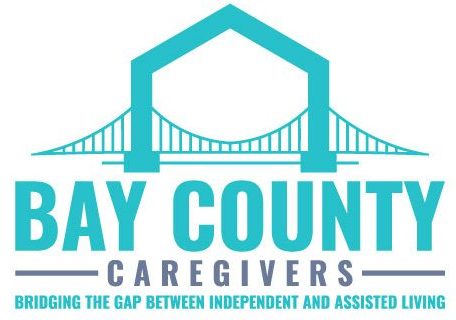What to Ask Before Hiring a Caregiver — A Complete Checklist for Families
Hiring a caregiver for a loved one is a major decision. Whether you’re looking for a few hours of help per week or round-the-clock care, the person you choose will play a significant role in your family’s life. That makes the hiring process not just important—but essential.
Unfortunately, many families don’t know what to ask. They might feel rushed after a medical event or assume all caregivers are the same. The result? Hiring someone who isn’t properly qualified, trustworthy, or a good fit.
That’s why we created this comprehensive guide: to help you navigate the hiring process with clarity and confidence.
Use this checklist whether you’re speaking with a home care agency, a referral service, or hiring an independent caregiver on your own.
Section 1: Background, Experience & Qualifications
Before anything else, you need to ensure that the caregiver is skilled and safe, especially if you are looking to hire an independent caregiver and not through an agency.
Questions to Ask:
- Are you licensed, certified, or trained in caregiving?
- How many years of caregiving experience do you have?
- Do you have experience with my loved one’s specific condition (e.g., Alzheimer’s, Parkinson’s, mobility challenges)?
- Can you provide professional references?
- Have you undergone a background check?
- Are you legally authorized to work in the U.S.?
Why it matters: A good caregiver is more than just kind—they’re prepared. Agencies should always run background checks and verify training. Independent caregivers may need more thorough vetting from you.
Section 2: Personality & Compatibility
Skills are important, but so is personality. A great caregiver-client relationship can improve quality of life for everyone involved.
Questions to Ask:
- What kind of clients do you enjoy working with most?
- How would you describe your personality or caregiving style?
- Are you comfortable with pets, smoking, or certain cultural preferences?
- Can we schedule a trial shift or meet-and-greet before starting full-time?
Why it matters: Compatibility builds trust and connection. If your loved one has a strong personality or specific routine, you’ll want someone who can adapt or complement them.
Section 3: Daily Duties and Flexibility
Make sure everyone understands what tasks are expected and whether the caregiver is capable and willing to do them.
Questions to Ask:
- What types of services do you offer? (e.g., bathing, dressing, cooking, errands)
- Are there any tasks you’re not comfortable doing?
- Are you able to transport my loved one to appointments or social events?
- Are you open to occasional schedule changes or last-minute needs?
Why it matters: Clarity prevents misunderstandings. Know what’s in scope before you commit.
Section 4: Emergency Preparedness
Emergencies can happen. Make sure your caregiver is ready.
Questions to Ask:
- Are you trained in CPR or first aid?
- What would you do if my loved one fell or had a medical emergency?
- Do you know how to handle dementia-related behaviors like wandering or agitation?
Why it matters: A calm, competent response in an emergency can save a life. Agencies often train caregivers in these areas, but it’s always worth confirming.
Section 5: Oversight, Accountability & Communication
If you’re working with an agency, ask how they manage caregivers. If you’re hiring independently, ask how the caregiver communicates with families.
Questions to Ask (Agency):
- How do you supervise and evaluate your caregivers?
- What happens if my caregiver is sick or unavailable?
- Can I switch caregivers if things aren’t working out?
- Do you have a care coordinator I can contact with questions?
Questions to Ask (Independent Caregiver):
- How will you keep me updated on my loved one’s condition?
- Are you willing to log daily activities or health notes?
- How do you prefer to communicate (phone, text, in person)?
Why it matters: You deserve regular updates and a care plan that’s followed. Clear communication is essential for long-term success.
Bonus: Red Flags to Watch For
Even if a caregiver seems qualified on paper, these warning signs may signal trouble:
- Avoids direct answers to your questions
- Has no references or refuses a background check
- Seems rushed, distracted, or disinterested in your loved one
- Doesn’t ask questions about your loved one’s needs
- Pushes for cash payment or avoids contracts
Final Thoughts: Choose with Confidence
Hiring a caregiver is not just about checking boxes—it’s about finding someone who will bring comfort, stability, and peace of mind into your loved one’s life.
If the process feels overwhelming, you’re not alone. At Bay County Caregivers, we walk families through every step, from understanding care needs to matching the right caregiver for your situation.
Call us directly to schedule a free care consultation—we’re happy to answer your questions, no strings attached.
📞 Contact us today to get started.






